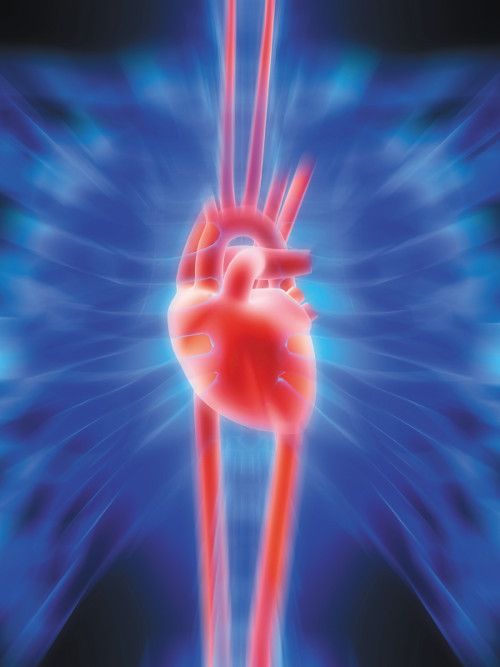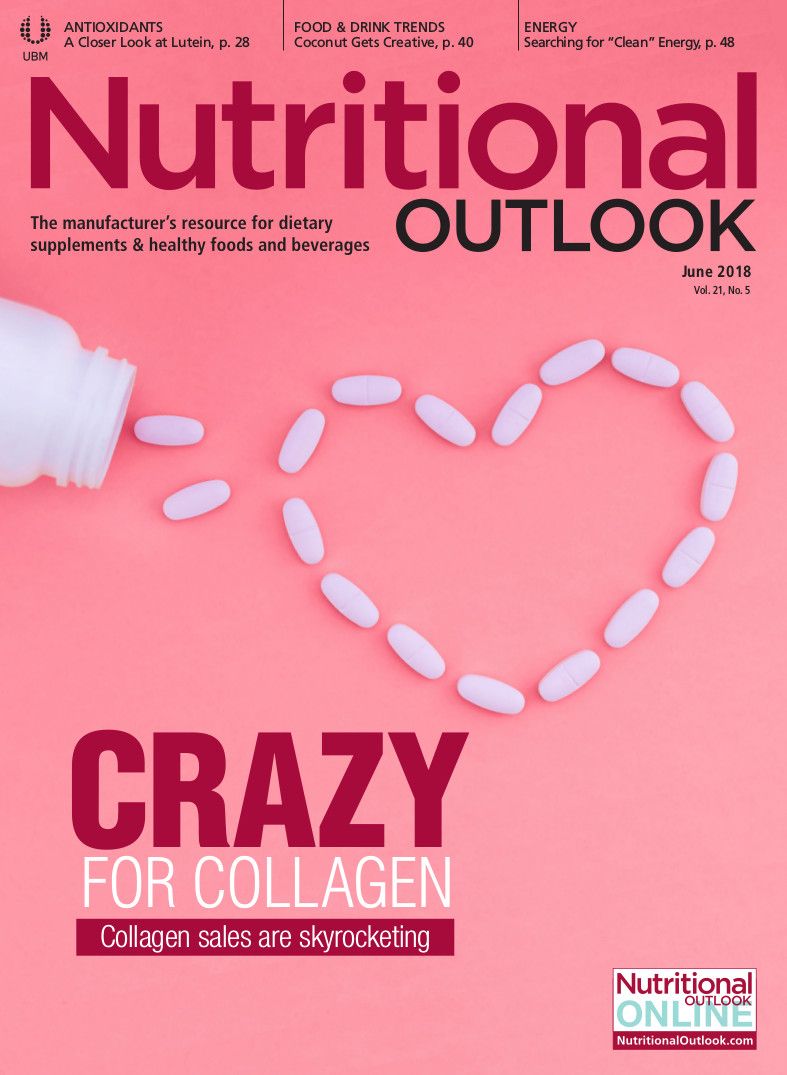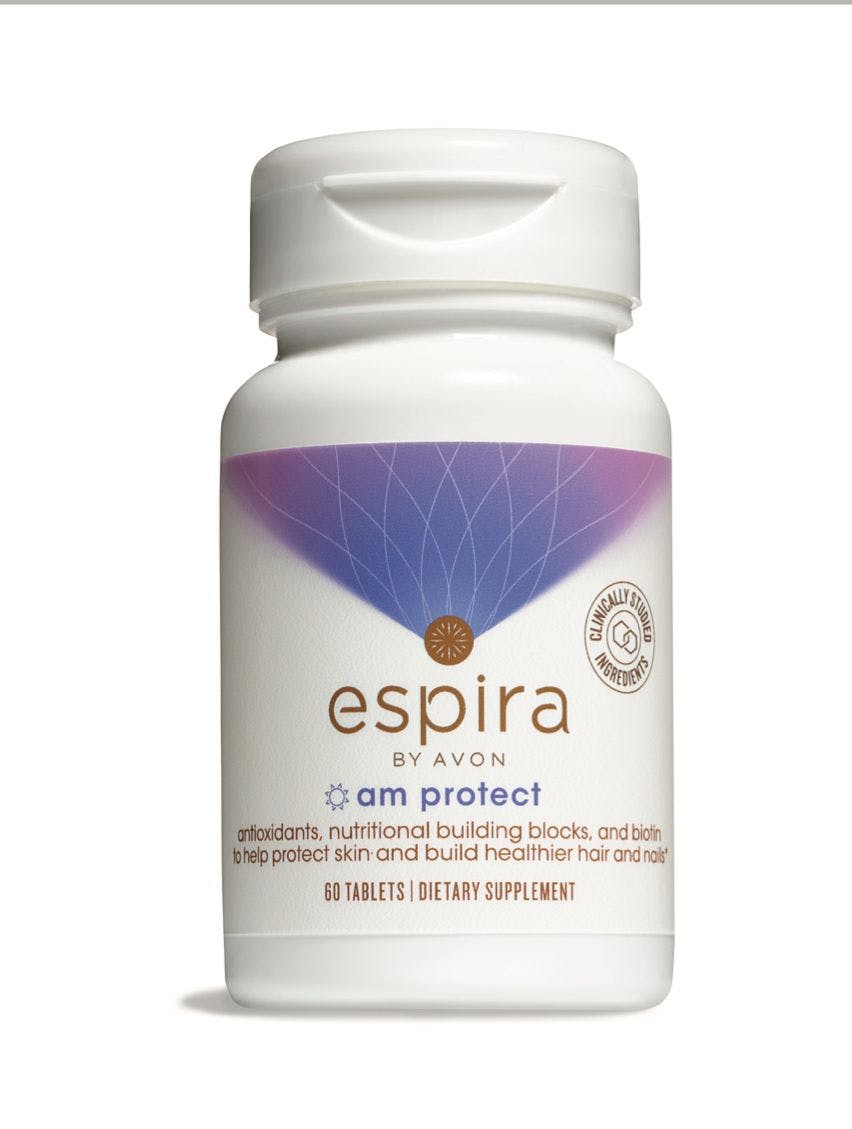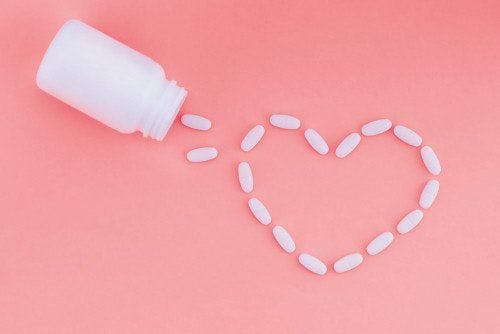Astaxanthin Is a Heart-Health Ingredient with Growing Science
Research has shown that astaxanthin can reduce oxidative stress and inflammation, improve lipid profiles, and promote better blood flow.
Photo © iStockphoto.com/Eraxion

The worldwide prevalence of cardiovascular diseases, coupled with the proactive wellness practices increasingly adopted by consumers today, are driving demand for dietary supplements with proven benefits for cardiovascular health.
Astaxanthin is an extremely potent antioxidant, and its unique chemical properties make it an ideal ingredient for heart health supplements. There is a growing body of scientific evidence supporting the benefits of astaxanthin for heart health, including reduced oxidative stress and inflammation, improved lipid profiles, and better blood flow.
Global Burden of Cardiovascular Disease
Cardiovascular diseases (CVDs) have become one of the primary health concerns worldwide. Every year, disorders of the heart and blood vessels take the lives of 17.7 million people, accounting for a staggering 31% of all global deaths.1 This number is projected to reach 23.3 million by 20302 due to population aging and unhealthy lifestyles. CVDs are equally alarming when it comes to their financial burden. The cumulative economic losses from CVDs in low- and middle-income countries from 2011 to 2025 is estimated at $3.76 trillion.3
Given these sobering statistics, it is not surprising that cardiovascular health is an important topic for consumers of dietary supplements. In the past three consumer surveys measuring consumer attitudes towards dietary supplements conducted by the Council for Responsible Nutrition (CRN; Washington, DC), heart health ranked number six or higher among the reasons why Americans take supplements.4,5,6
Astaxanthin: A Potent Antioxidant
A powerful antioxidant that is attracting a lot of interest in the heart health category is astaxanthin, a naturally occurring carotenoid (organic pigment) sourced from the microalgae Haematococcus pluvialis. In nature, astaxanthin is produced by microalgae as a defense mechanism against harsh environmental conditions. For humans, astaxanthin is a powerful dietary supplement that can provide a superior nutritional advantage.
Due to its unique chemical properties, astaxanthin is regarded as one of the most powerful natural antioxidants known. It is 6,000 times more powerful than vitamin C, 100 times more powerful than vitamin E, and five times more powerful than beta-carotene in its ability to trap energy from singlet oxygen.7
In practice, this means that a higher dosage of these other antioxidants is required per serving-around 1000 mg of vitamin C, and 20-40 mg of lutein, for example-to equal the antioxidant capacity of astaxanthin.8
Antioxidants like astaxanthin help to counteract the damaging effects of reactive oxygen species (ROS), promoting a healthy oxidative balance. Simply put, an antioxidant is a molecule stable enough to donate an electron to a ROS and neutralize it, thus reducing its capacity for damage. Due to its ability to combat ROS, astaxanthin can play an important role in support of cardiovascular health.
The Link Between Oxidative Stress and CVD
The overproduction of ROS can have harmful effects on many important cells and tissues in the body. It is estimated that each cell in the body forms more than 20 trillion of ROS per day through normal metabolism, and each cell in the body is believed to be attacked by these reactive molecules 10,000 times per day.9 While the body produces its own antioxidants to keep ROS under control, this natural defense system grows weaker as we age and may also be compromised due to certain nutritional and lifestyle choices.
The damage caused by ROS is called oxidative stress and it is a key contributor to CVD.2 In particular, oxidative stress has emerged as a common mechanism in atherosclerosis10, a disease in which plaque builds up inside blood vessels. Atherosclerotic plaque rupture is a common reason for CVDs such as stroke and myocardial infarction.11 A recent review of oxidative stress–mediated atherosclerosis12 concluded that avoiding elevated ROS levels or increasing antioxidant capacity are considered key strategies for the prevention and treatment of atherosclerosis.
How Astaxanthin Supports Cardiovascular Health
Research has shown that astaxanthin can reduce oxidative stress and inflammation, improve lipid profiles, and promote better blood flow.13-16
Supplementation with astaxanthin has been shown to support a healthy oxidative balance in groups at elevated risk of CVD. A 2014 study with postmenopausal women13, for example, concluded that this group could benefit from supplementing with astaxanthin. Additionally, research has demonstrated the benefits of astaxanthin in fighting obesity-induced oxidative stress in overweight young adults14 and in women with an increased oxidative stress burden.15
Like oxidation, inflammation is an established process contributing to CVD.2 In both in vitro and animal studies, astaxanthin has been shown to reduce markers of inflammation.2 A 2013 study on human vein cells found that astaxanthin inhibits the production of the inflammatory biomarkers involved in endothelial dysfunction and CVD.16
Elevated levels of LDL (“bad”) cholesterol combined with low levels of HDL (“good”) cholesterol increase the risk of CVD.13 For instance, research shows that the oxidation of LDL in the blood has a significant role in the development of atherosclerosis.13
Astaxanthin has been shown to help support a healthy lipid profile. A 2010 human study on the effect of astaxanthin on dyslipidemia (an excess of LDL and other lipids in the blood) found that supplementation decreased levels of triglycerides, a lipid that has been shown to increase the risk of CVD. The same study also demonstrated that astaxanthin significantly increased levels of HDL cholesterol.17
Astaxanthin also offers additional support for cardiovascular health. For example, its antioxidative and anti-inflammatory properties can significantly shorten blood transit times.18,19 Several studies have also indicated potential to lower blood pressure2, and a recent meta-analysis concluded that it has a minor glucose-lowering effect.2
Supporting Healthy Aging
As populations continue to live longer, new strategies to support healthy aging become increasingly important. Astaxanthin’s scientifically proven benefits mean it has enormous potential in the maintenance of cardiovascular health.
There is a solid scientific foundation supporting the case for astaxanthin as an effective ingredient for heart health supplements. Studies continue to consistently indicate positive results for astaxanthin’s ability to reduce oxidative damage and inflammation as well as to provide additional heart health benefits such as improved blood flow. Furthermore, it is safe, natural and can be sustainably produced, adding to its consumer appeal globally.
Tryggvi Stefánsson, PhD, is science manager for algae-ingredients supplier Algalif (Reykjanesbaer, Iceland). Stefánsson has a PhD in microbiology and genetics from ETH Zurich in Switzerland. He joined Algalif in early 2014 and, since 2015, has led the company’s R&D and scale-up department as science manager. Among other responsibilities, Stefánsson’s department oversees the continuous optimization of algae-cultivation parameters.
Also read:
The Science Behind Astaxanthin
First Astaxanthin Product Debuts with Natural Algae Astaxanthin Association Verification Seal
References:
- World Health Organization (2017). “Cardiovascular Diseases (CVDs) Fact Sheet.”â¨
- Visioli F et al. “Astaxanthin in cardiovascular health and disease: mechanisms of action, therapeutic merits, and knowledge gaps.” Food and Function, vol. 8, no. 1 (January 25, 2017): 39-63
- Laslett LJ et al. “The worldwide environment⨠of cardiovascular disease: prevalence, diagnosis, therapy, and policy issues: a report â¨from the American College of Cardiology.” Journal of the American College of Cardiology, vol. 60, suppl. 25 (December 25, 2012): â¨S1-S49 â¨
- The Council for Responsible Nutrition. “2017 CRN Consumer Survey on Dietary Supplements” â¨
- The Council for Responsible Nutrition. “2016 CRN Consumer Survey on Dietary Supplements” â¨
- The Council for Responsible Nutrition. “2015 CRN Consumer Survey on Dietary â¨Supplements” â¨
- Nishida Y et al. “Quenching activities of common hydrophilic and lipophilic antioxidants against singlet oxygen using chemiluminescence detection system.” Carotenoid Science, vol. 11 (2007): 16-20 â¨
- Algalif (2017). Company calculations. â¨
- Niyogi KK et al. “The roles of specifc xanthophylls in photoprotection.” Proceedings of the National Academy of Sciences of the United States of America, vol. 94, no. 25 (December 9, 1997): 14162-14167 â¨
- Kattoor AJ et al. “Oxidative stress in atherosclerosis.” Current Atherosclerosis Reports, vol. 19, no. 11 (September 18, 2017): 42 â¨
- Grootaert MO et al. “Defective autophagy in vascular smooth muscle cells accelerates senescence and promotes neointima formation and atherogenesis.” Autophagy, vol. 11, no. 11 (November 2, 2015): 2014–2032 â¨
- Yang X et al. “Oxidative stress-mediated atherosclerosis: mechanisms and therapies.” Frontiers in Physiology. Published online August 23, 2017. â¨
- Kim YK et al. “The effects of astaxanthin supplements on lipid peroxidation and antioxidant status in postmenopausal women.” Nutritional Sciences, vol. 7, no. 1 (January 1, 2004): 41-46 â¨
- Choi HD et al. “Positive effects of astaxanthin on lipid profiles and oxidative stress in overweight subjects.” Plant Foods for Human Nutrition, vol. 66, no. 4 (November 2011): 363-369 â¨
- Iwabayashi M et al. (2009). “Efficacy and safety of eight-week treatment with astaxanthin in individuals screened for increased oxidative stress burden.” Anti-Aging Medicine, vol. 6, no. 4 (January 2009): 15-21 â¨
- Chew W et al. “Astaxanthin decreases inflammatory biomarkers associated with cardiovascular disease in human umbilical vein endothelial cells.” American Journal of Advanced Food Science and Technology, vol. 1 ( January 2013): 1-17â¨
- Yoshida H et al. “Administration of natural astaxanthin increases serum HDL-cholesterol and adiponectin in subjects with mild hyperlipidemia.” Atherosclerosis, vol. 209, no. 2 (April 2010): 520-523
- Saito M et al. “Astaxanthin increases choroidal blood flow velocity.” Graefe’s Archive for Clinical and Experimental Ophthalmology, vol. 250, no. 2 (February 2012): 239-245
- Miyawaki H et al. “Effects of astaxanthin on human blood rheology.” Journal of Clinical Biochemistry and Nutrition, vol. 43, no. 2 (September 2008): 69-74




















